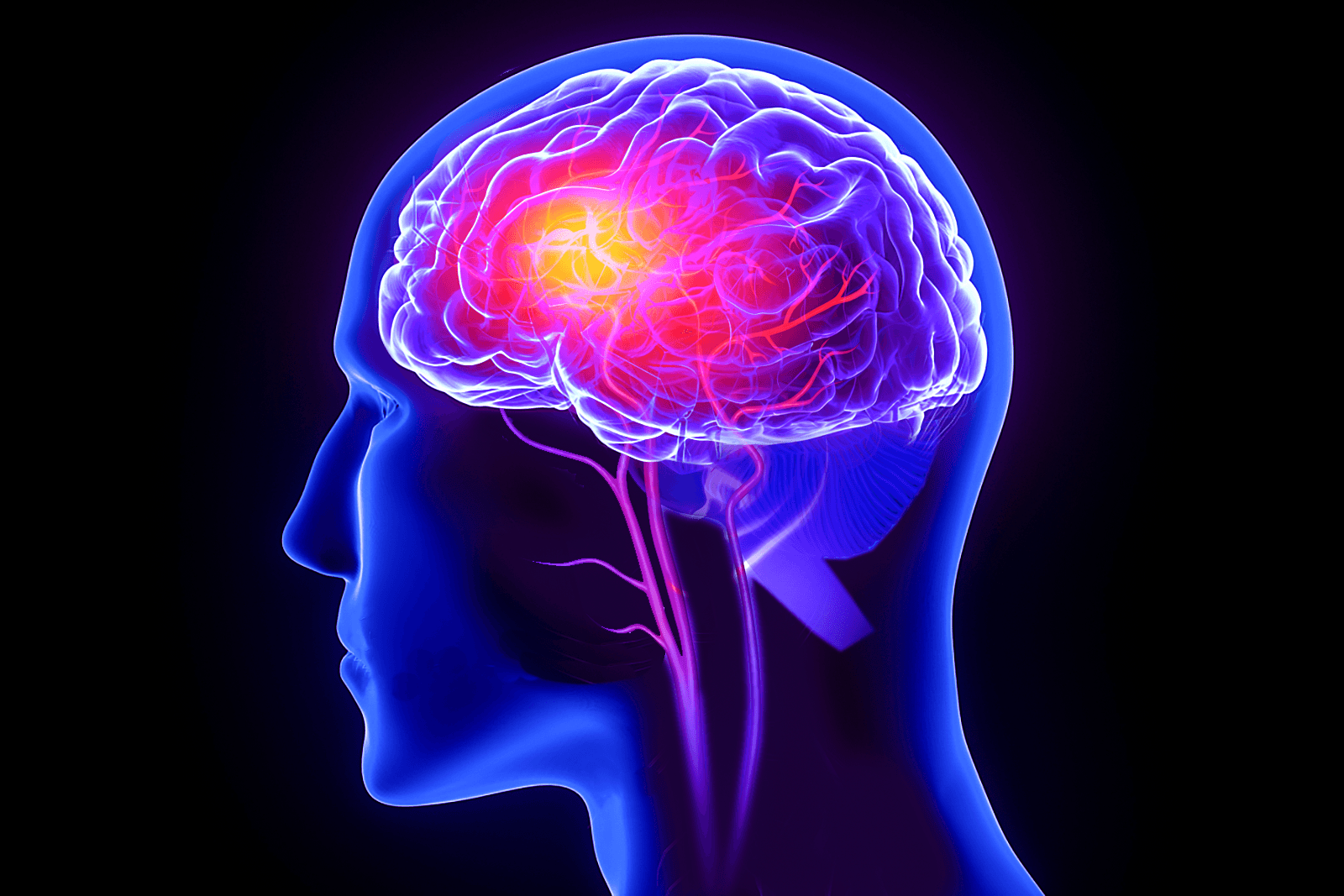from The Epoch Times:
 Beginning in late 2020 with the COVID vaccine rollout, some doctors have seen an increase in unusual psychiatric illnesses.
Beginning in late 2020 with the COVID vaccine rollout, some doctors have seen an increase in unusual psychiatric illnesses.
Dr. Patrick William Slater is a 60-year-old neurotologist. A few years ago, he had a full-time medical practice in Austin and enjoyed hunting and fishing in the mountains during his downtime.
Then, in October 2021, Dr. Slater came down with cerebellar ataxia, a disease affecting movement. He couldn’t eat or go to the bathroom without help.
TRUTH LIVES on at https://sgtreport.tv/
While his ataxia could be managed using drugs, it wasn’t always effective against his biggest complaint: unprecedented panic attacks.
Almost every night, Dr. Slater would experience panic attacks that left him in “abject terror.” He thought about killing himself many times, he told The Epoch Times.
No one could provide a satisfactory answer about why he had developed these symptoms. Nothing abnormal showed up on his laboratory reports, and his neurologists and psychiatrists dismissed his symptoms as anxiety.
But Dr. Slater is convinced that the COVID-19 mRNA vaccines are the culprit.
Dr. Slater was suspicious when the symptoms first appeared within about two weeks of getting the second dose of the COVID shot. The second—and worse—wave of career-ending symptoms had coincided with his third shot.
After taking the booster, “there was no question in my mind,” Dr. Slater said.

Increase in Unusual Psychiatric Illness
Beginning in late 2020 with the COVID vaccine rollout, some doctors have seen an increase in unusual psychiatric illnesses.
Psychiatrist Dr. Amanda McDonald noticed a wave of psychiatric destabilization among her stable patients. They experienced flare-ups, often manifesting with worsened or new psychiatric symptoms.
“I couldn’t figure out why,” Dr. McDonald told The Epoch Times. “My patients typically stay stable.” But many stable patients were suddenly arriving at her office with insomnia, depression, and anxiety “without any sort of rhyme or reason.”
She increased some patients’ medication doses or added new drugs to their regimen, but it had little effect.



 Whistleblower SLAMS Bongino’s Epstein Video Claims: “This Is a Cover-Up” | Redacted w Clayton
Whistleblower SLAMS Bongino’s Epstein Video Claims: “This Is a Cover-Up” | Redacted w Clayton